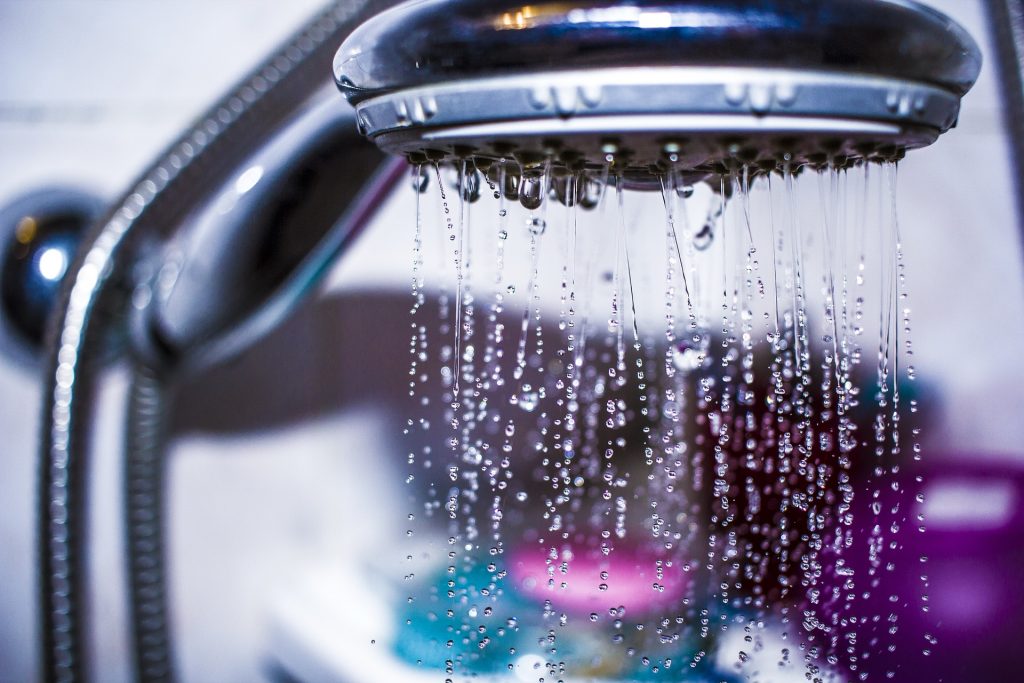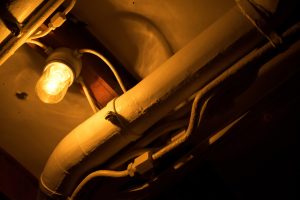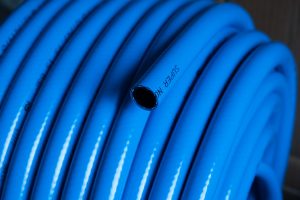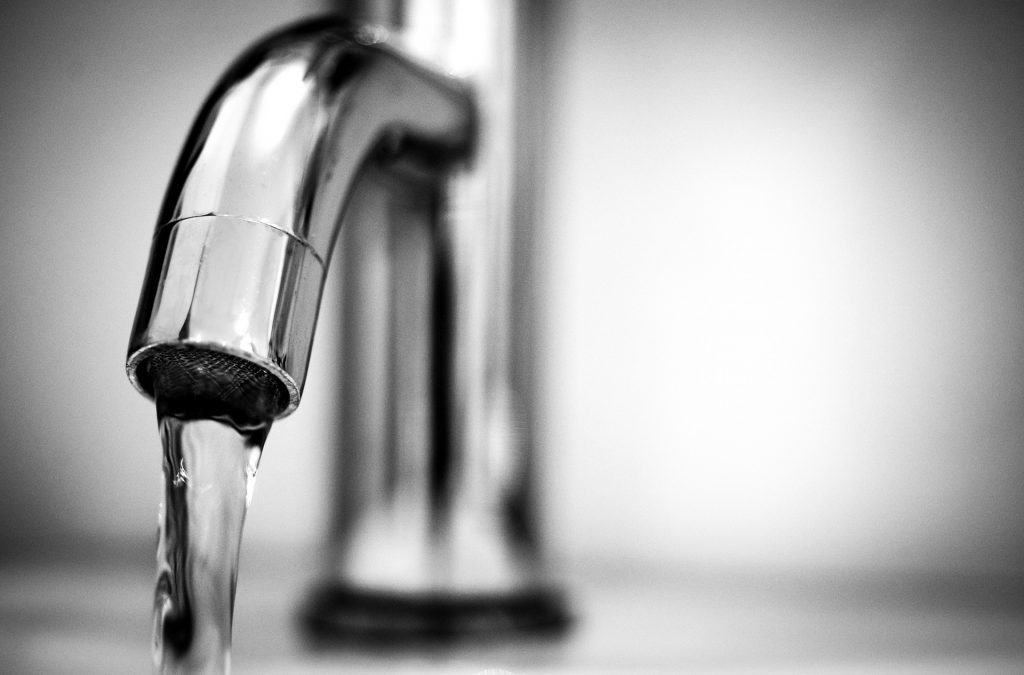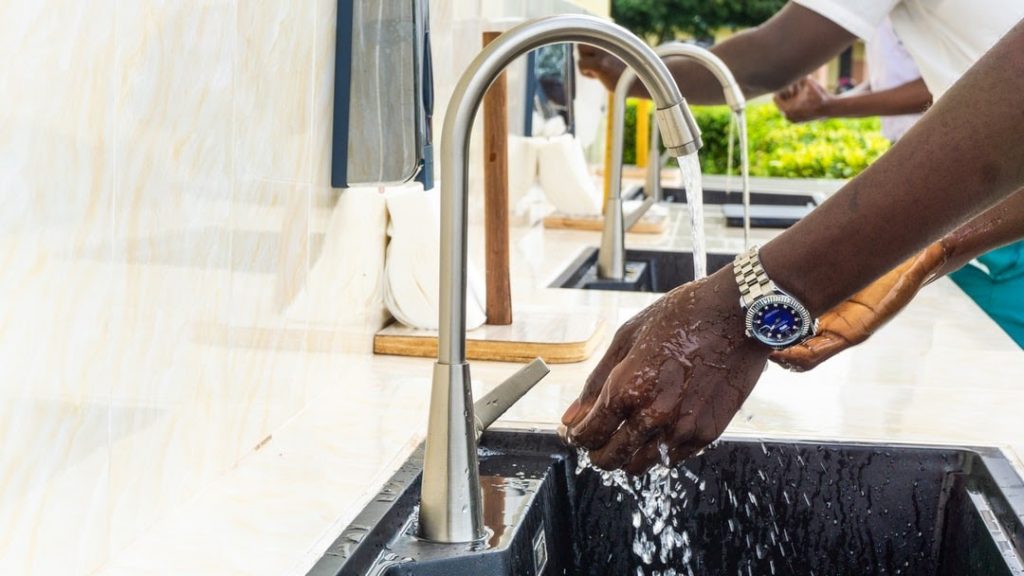There is nothing as annoying as starting a chilly day with a cold shower. You might have just discovered that the pilot light keeps going out.
Thousands of customers are disappointed by their water heaters that die off just months after installation.
Is it normal to have your water heater die on you?
No! Your heater should easily hit the 10-year mark without any major issues. Very few manufacturers are capable of producing such high-quality water heaters. Check out these fine water heaters in Phoenix.
What Is The Pilot Light?
The Pilot Light is the heart of your water heater.
It’s a small blue flame that burns petroleum gas to produce heat. Without this flame, there would be no heat, and thus no warm water.
So, What Are The Reasons Your Water Pilot Light Keeps Going Out?
Not only will we name the possible problems, but we’ll also give you their solutions.
Please note: Check if your water heater is still under warranty. If it is, return it to the supplier/manufacturer for repairs or total replacement.
Safety precaution: First, turn off the main gas supply valve to prevent deadly leaks. Wait for 5 minutes for the heat and gas to disperse.
1. An Unclean Pilot Tube
It’s a common problem with almost all water heaters.
Don’t worry, there is nothing wrong with your heater. It’s just dirt build-up.
The Pilot tube supplies gas to the pilot light for combustion. The flame will go out if the tube is clogged with dirt or debris.
Sometimes, the tube might be partially clogged and supplying very little gas for combustion- No wonder your pilot light keeps going out.
The Solution: Thorough cleaning should do the trick. Use a slender needle to gently unclog the tube. Clean until the passage is open. You need to be patient. Some pilot tubes can be very dirty, and you’ll need to clean them several times.
Once you’re done, put it back and light your water heater. The flame should be blue and steady.
2. A Dirty Thermocouple
The thermocouple is the brain of your water heater.
It’s responsible for closing the gas valve when it senses the pilot light is off. The thermocouple is triggered by an electric current produced by the pilot light. It acts as a safety device to prevent gas leaks.
Therefore, a dirty thermocouple might be the reason why your water pilot keeps going out.
A layer of dirt and grime can hinder the electric current from reaching the thermocouple. As a result, the gas supply will be cut off and the pilot light will go out. No hot water on a cold Monday morning.
The solution: Again, you’ll have to do some cleaning. First, turn off the main gas supply valve and wait for the thermocouple to cool. Take a new sand-paper and scrub off all the dirt and grime.
3. A Kinked Thermocouple
After cleaning, make sure you check on the thermocouple’s position. Also, check if it’s slightly bent.
The thermocouple needs to be near the pilot light for it to receive heat and open the gas valve.
If it’s too far away, heat will not be received and, therefore, an electric current will not be produced. The thermocouple will conclude that the pilot light is off and thus, close the valve and cut off the gas supply.
The solution: First, cut off the gas supply, switch off your heater, and wait for the thermocouple to cool off. You’ll have to manually bend or straighten the thermocouple back to position. It needs to be close enough to the pilot light that it slightly touches or wraps around the blue flame.
4. A Broken Thermocouple
So, you’ve cleaned and straightened your thermocouple but still, your water pilot keeps on going out. You should now come to terms with the fact that your thermocouple might be broken.
But before you give up on your thermocouple, do a diagnostic test with a multimeter. If the voltage supplied by your thermocouple is way less than 20MV, then the device is surely broken and needs to be replaced.
The Solution: You can move the thermocouple close to the pilot light if the multimeter reading is close to, but not at 20MV. If the reading is way below 20MV, then you have no choice but to replace the damaged part.
5. Flex Tube Issues
The flex tube is a long tube that connects the gas controller to the burner that houses the pilot light and thermocouple, among other pieces. Gas will not be supplied to the burner for combustion if the flex tube is damaged or clogged.
Fortunately, flex tube faults aren’t as common as thermocouple issues. This is why you have to check and make sure your thermocouple is in great condition before you pay attention to the flex tube.
The Solution: Straighten all kinks on the flex tube. It’s also wise to look for any visible damage that might cause gas leaks. Gas leaks will reduce the amount of gas reaching the burner. It might be the reason why your furnace pilot light keeps going out or flickering.
6. A Faulty Main Control Valve
Possibly the rarest problem you can encounter.
You’re advised to first check the pilot tube, thermocouple, and flex tube before you start tampering with this part. The Main Control Valve Unit hardly ever crashes.
However, don’t rule it out just yet, it might be the reason why your water pilot keeps going out.
The Main Control Valve is responsible for regulating the heater’s gas and water pressure. It’s the soul of your water heater.
It starts the whole process by first supplying a small amount of gas to the pilot light. If the gas is lit, it fully opens the main valve to provide a steady supply of gas.
A faulty main control valve will unexpectedly close the gas valve, cut the gas supply, and create a weak flickering flame.
Signs of a faulty main control valve include:
- A faulty pilot button that doesn’t pop up after pressing
- A faulty control knob
- You experience extremely hot water more than the specified temperature range
The solution: There is no way around a faulty main control valve. Although there are technicians who claim to be able to fix this, manufacturers strongly advise against it.
You’re advised to replace the part to avoid recurring costs and damaging other parts of your water heater.
You can also check out our water heater inspection checklist for a more detailed guide.
7. Poor Electrical Wiring
This is usually a problem with electric water heaters.
It’s one of the reasons you should always hire a technician to install your water heater. The first sign of a faulty electrical system is if your water heater suddenly shuts down.
The Solution: Immediately switch off your water heater and call a technician. Please don’t mess with the wiring system.
Our Final Word
Call in the big guns (technicians) if all your attempts fail and your pilot light keeps going out.
We know… We know… Technicians are a bit expensive, but at least you’ll be more confident with the repairs. In addition to that, we all know just how dangerous electricity and gas can be. Your safety is paramount.
Found this useful? Check out Why Are Trane HVAC Units So Popular? Also, if interested, visit our Phoenix pluming careers page to potentially find work as an apprentice or service plumber,


